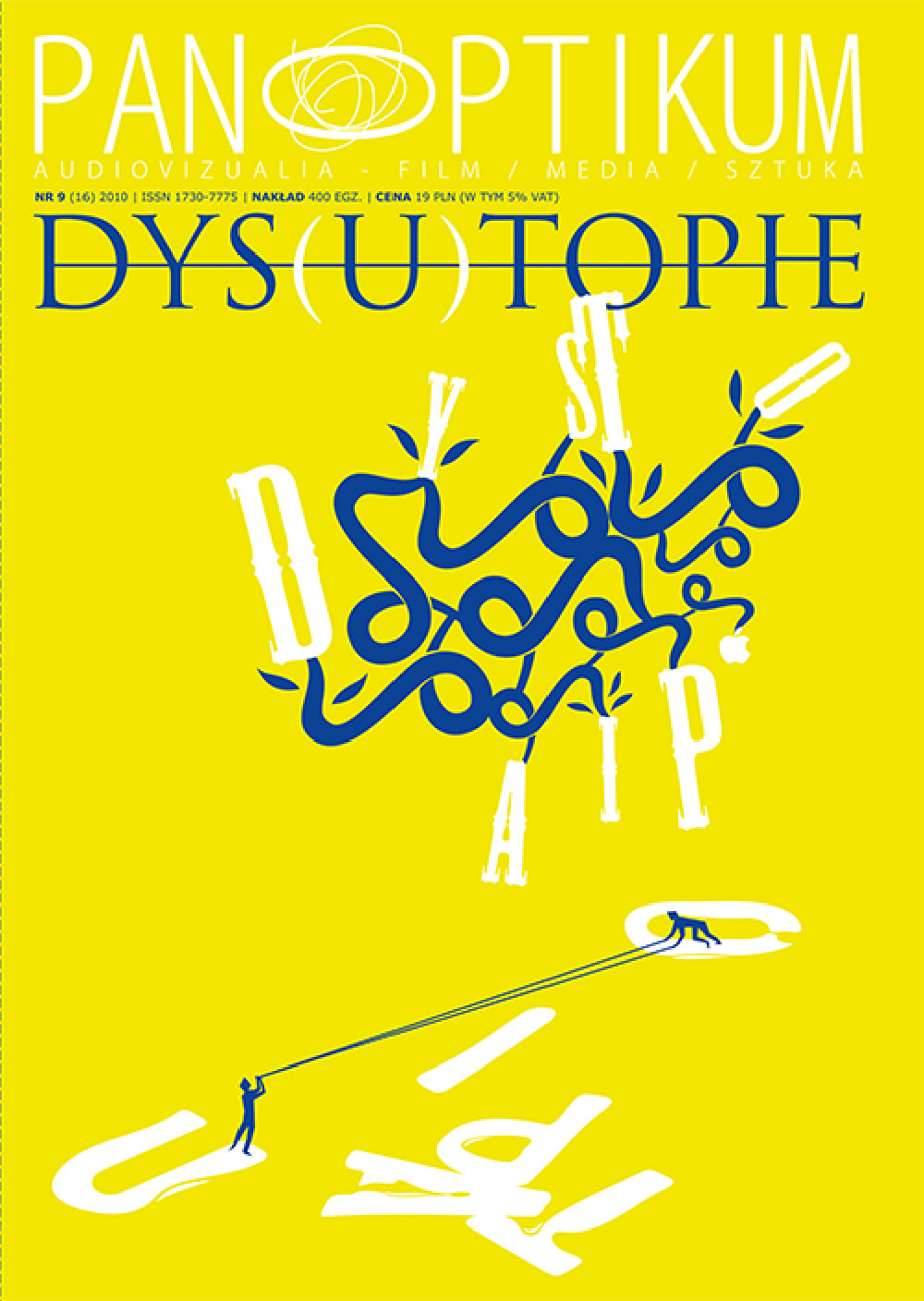Urzekające wizje ograniczonej utopii kilku spełnionych pragnień, czyli o „wampirycznym” serialu telewizyjnym
Abstrakt
The text analyzes the American television show about vampires True Blood in the context of two ways of understanding the representation of reality. Representation is understood either as a presentation of the world, similar to the reality, reflection of the reality beyond the text or as negation of this reality, the establishment of an autonomous world, where representation is the imaginary construction that refers to itself. Bearing in mind these two perspectives associated with different aesthetic and epistemological beliefs, I try to show how the concept of “limited utopia” by Jeffrey C. Alexander may be useful in interpretation of process of presenting the narration and how his proposition of utopia reveals actual practices of television series audiences. Does this proposal of utopia that is not the project of total changes, but is limited to the project of changes associated with particular social niche, also influence the actions undertaken by the show’s producers and consumers? In this article I try to show that the idea of “limited utopia” can become a part of the collective imagination that transforms reality, and is “a form of negotiation between the location of personal agency of activity (human beings) and globally defined fields of opportunity” (A. Appadurai).

 Uniwersyteckie Czasopisma Naukowe
Uniwersyteckie Czasopisma Naukowe





